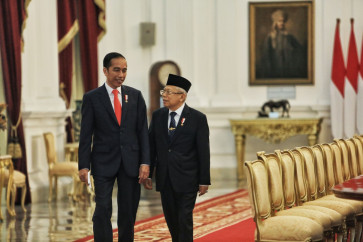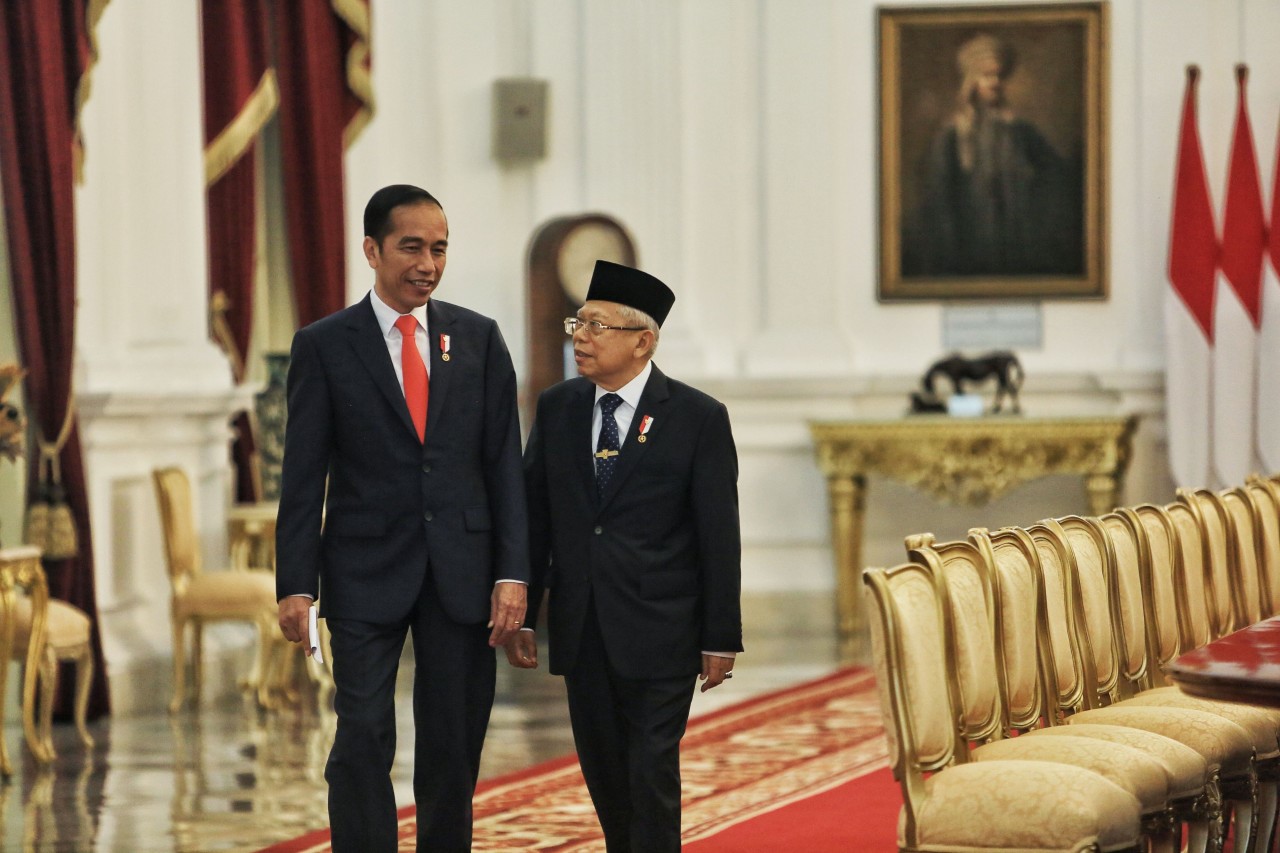Popular Reads
Top Results
Can't find what you're looking for?
View all search resultsPopular Reads
Top Results
Can't find what you're looking for?
View all search resultsAnalysis: Indonesia today more corrupt than when Jokowi took charge
Change text size
Gift Premium Articles
to Anyone
W
hen President Joko “Jokowi” Widodo exits the political stage in October 2024, Indonesia will likely be a more corrupt nation than when he moved into the presidential palace a decade earlier, unless he can turn things around. This is hardly a legacy that Jokowi wants to be remembered by.
In the latest Corruption Perception Index (CPI) published this month, Indonesia saw not only the biggest drop in its score to 38 in 2022 from 34 a year earlier, but also in the global ranking from 96th to 110th of 180 countries surveyed. In 2014, the year Jokowi took the helm, Indonesia scored 34 and ranked 107 out of 175 countries surveyed.
The index, published annually by Transparency International, gathers the perception from a sample of the public in each country. It assigns countries scores from 0 for very corrupt, to 100 for very clean.
|
Indonesia’s Corruption Perception Index (CPI) |
||
|
Year |
Score (out of100) |
Global ranking/ Popularto Read Full Story
or
Purchase access to this article forWe accept


Redirecting you to payment pagePay per article
Analysis: Indonesia today more corrupt than when Jokowi took chargeRp 35,000 / article
1
Get started by logging in or creating your account
By proceeding, you consent to the revised
Terms of Use, and Privacy Policy.
Don't have an account?
Create your free account
By proceeding, you consent to the revised
Terms of Use, and Privacy Policy.
Already have an account?
2
2




Total
Rp 35,000
Your Opinion MattersShare your experiences, suggestions, and any issues you've encountered on The Jakarta Post. We're here to listen.
Enter at least 30 characters
0
/ 30
Thank YouThank you for sharing your thoughts. We appreciate your feedback. Share optionsQuickly share this news with your network—keep everyone informed with just a single click!
Gift Premium Articles
|










